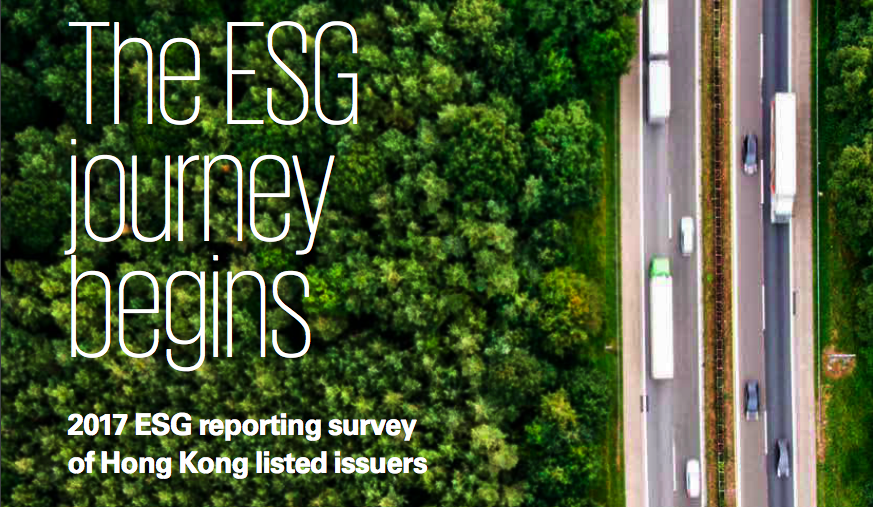In 2017, Hong Kong Stock Exchange (HKEX) listed companies had to meet the updated “comply or explain” criteria of the ESG Reporting Guide (ESG Guide).
KPMG China undertook a survey to gauge the performance of the listed companies in their first year of mandatory disclosure, to reveal that many companies are still at an early phase of their ESG reporting journey. Eighty-four percent of the surveyed companies did not identify any ESG risks as a principal risks.
A minority of those surveyed revealed ESG governance, or the body in-charge of overseeing ESG risks, while only one-third revealed how they identified material issues or issues/risks that are considered important by stakeholders.
According to the report, identifying material issues can help companies better assess what ESG risks will have the biggest impact on investor confidence, reputation, asset value etc. Being able to identify material issues also provides explanation for prioritising certain aspects over others. Moreover, company boards should be in-charge of overseeing ESG trends as ESG impacts can significantly affect business value.
Non-financial disclosure or sustainability reporting by companies reveals insights into a company’s functioning and activities to enable investors and stakeholders to make informed decisions. It is gaining prominence as an important supplement to traditional financial disclosure.



